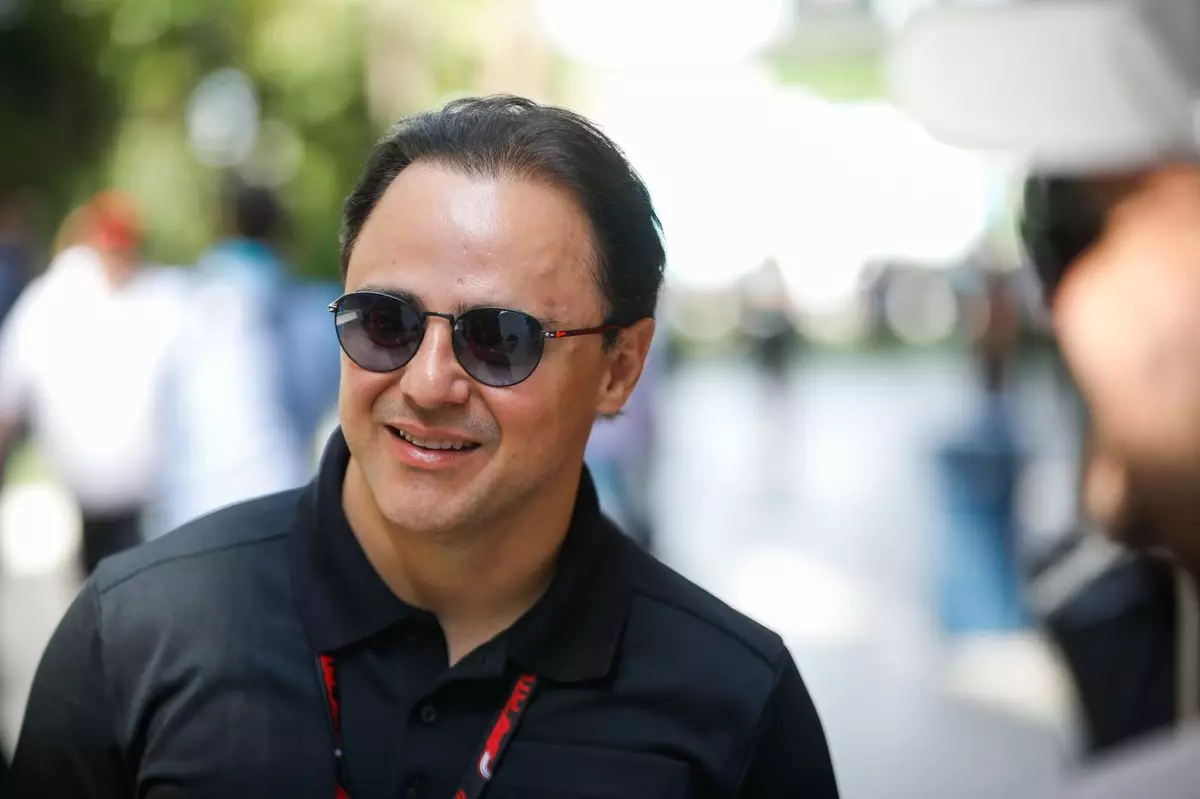Felipe Massa, a former Williams and Ferrari driver, has found himself embroiled in a turbulent legal confrontation with the world of Formula 1 (F1). The catalyst for this challenge is the dramatic events of the 2008 Singapore Grand Prix, where Massa’s aspirations for the World Championship were dashed under contentious circumstances. With the sordid history of what has come to be known as ‘Crashgate,’ the incident involving Nelson Piquet Jr.’s intentional crash casts a long shadow not only over the race but also on the integrity of the sport as a whole. What Massa perceives as a grievous violation of fairness in racing has propelled him into the High Court in an attempt to seek restitution.
In a strategic maneuver to manipulate the race outcome, Nelson Piquet Jr. deliberately crashed his Renault car, prompting the deployment of a safety car that shifted the tides favorably for his teammate, Fernando Alonso. This incident occurred at a critical juncture in the season, with Massa, who was leading the race and had secured pole position, falling victim to an orchestrated scheme that directly affected his result. As he finished in 13th place, the transition created a pivotal moment which saw Lewis Hamilton ultimately claim the championship by a mere point—a margin fraught with implications that echoed through the years.
Massa’s argument hinges not only on the result of that single race but also on the entire ethical framework of how the event was managed and manipulated under the influence of figures like Bernie Ecclestone and Max Mosley. Massa’s claims imply that a breach of contract occurred, fueled by intentional deliberate actions that contravened the spirit of fair competition.
As it currently stands, a court date has been earmarked for October; however, the legal landscape may shift significantly before the trial even begins. The defendants—F1, the FIA, and Ecclestone—have reportedly filed a strike-out application that could potentially dismiss the case on the grounds of lack of merit. The defense argues that the alleged conspiracy is too speculative, suggesting that Massa’s claims tangentially relate to the original incident yet lack substantial evidence of wrongdoing that would justify legal restitution.
Massa’s 2008 title loss encapsulates more than just a tactical racing incident; it has transformed into a broader discussion of accountability within motorsport governance. Critics will argue that pursuing litigation fifteen years post-factum appears more as an exercise in frustration than a legitimate quest for justice. Yet, for Massa, this lawsuit is as much about personal validation as it is financial recompense—an assertion that he has been wronged on a fundamental level.
The spark that reignited Massa’s determination to challenge the status quo came from updated disclosures made by Ecclestone in 2023. During an interview, Ecclestone not only acknowledged knowledge of the fix prior to the end of the 2008 season but also suggested that had measures been taken, Massa would have likely been crowned champion. His statements have compounded the gravity of the situation, lending credence to Massa’s claims of a substantial miscarriage of justice.
Ecclestone’s comments highlight the ethical conundrum that Formula 1 is grappling with—balancing the image of the sport against the moral implications of its historical conduct. The admission opens the door for further scrutiny into the operational integrity of race management, prompting discussions that could potentially redefine future regulations and frameworks.
Massa’s legal challenge transcends the individual narrative; it poses a significant inquiry into the protective structure governing motorsport. The repercussions of this case could reverberate through the industry, stirring dialogue around accountability and ethical race management. If successful, it might lay the groundwork for athlete rights and restitution processes in instances of perceived manipulation.
Should this case proceed to trial, the courtroom could become a battleground not just for Massa’s individual plight, but for the principles ons which competitive integrity rests. As the clock ticks toward the promised court date, eyes across the motorsport world will remain fixated on the unfolding drama, evaluating what justice truly means in the fast-paced universe of Formula 1.

